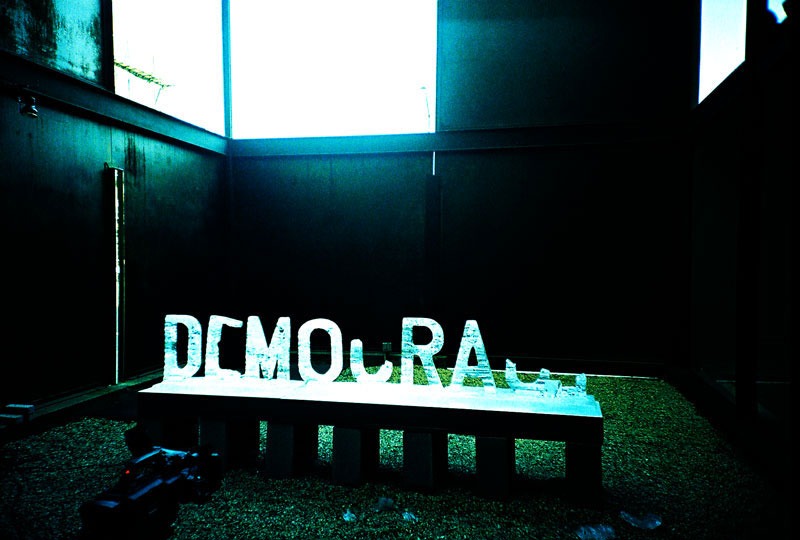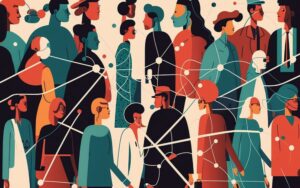
July 29, 2020; New York Times
“Postponed elections. Sidelined courts. A persecuted opposition.”
So begins a New York Times article by Anatoly Kurmanaev. The pandemic, Kurmanaev explains, is destroying the livelihoods of tens of millions while “undermining democratic norms that were already under strain.”
The loss of public trust is not new, Kurmanaev acknowledges, but the erosion of democratic norms in the pandemic has created uncertainty in “the ability of democratic leaders to solve entrenched problems such as inequality, crime, and corruption.”
The pandemic, Kurmanaev adds, is “exacerbating weaknesses in health and welfare systems and highlighting the ways in which many leaders are unable to meet public demands, even as it also deepens “a pre-existing democratic decline by exposing the weakness and corruption of governments in the face of the catastrophe.”
“The economic pain is dramatic, and it’s putting additional strain on the already-weak institutions,” an academic informant tells Kurmanaev.
It sounds dire, but fortunately—at least for US readers—Kurmanaev is not writing about the United States, but instead Latin America.
Kurmanaev’s account does paint Latin America and the Caribbean, a region with 33 countries, with a broad brush. One informant, Javier Corrales, a political scientist at Amherst College in Massachusetts, tries to restrain the Times reporter, noting that, “The defenders of liberal democracy in Latin America are not defeated. It’s not an open terrain for would-be authoritarians.”
Sign up for our free newsletters
Subscribe to NPQ's newsletters to have our top stories delivered directly to your inbox.
By signing up, you agree to our privacy policy and terms of use, and to receive messages from NPQ and our partners.
But Kurmanaev does not relent, writing in the next paragraph that “in most Latin American nations, the coronavirus accelerated a pre-existing democratic decline by exposing the weakness and corruption of governments in the face of the catastrophe,” blithely ignoring similar patterns occurring in the home nation of the New York Times.
Because, after all, we know that, unlike Latin America, there have been no postponed elections in the US. Oh right, well, this year we’ve only postponed elections in 16 states. And well, as far as inequality and erosion of democratic norms…it’s best not to look too closely. After the police murder of George Floyd in Minneapolis, Harvard professor Cornel West said in remarks to CNN reporter Anderson Cooper:
I think we are witnessing America as a failed social experiment. Our nation’s capitalist economy could not generate and deliver in such a way that people could live lives of decency. The nation-state—its criminal justice system, its legal system—could not generate protection of rights and liberties. And now our culture, of course, is so market-driven—everything for sale, everybody for sale—it can’t deliver the kind of nourishment for soul, for meaning, for purpose.
But that was so two months ago. The news cycle carries on.
Meanwhile, on July 28th—i.e., not two months ago—the Washington Post ran a profile on the rise of “anti-government militias and domestic extremism.” Post reporter Joshua Partlow adds, “Unlike the old image of militiamen as fringe elements motivated by a desire to overthrow the federal government, these groups often rally in defense of the president and see themselves as pro-government allies of local law enforcement.”
Devin Burghart, president of the Institute for Research and Education on Human Rights, a Seattle-based nonprofit that tracks far-right groups, says the appearance of militia groups at hundreds of events and protests this year across the country is part of an “effort to normalize the presence of armed paramilitaries on the streets, which is a remarkably disturbing turn of events.”
The rise of militias is one threat. There are others, including the actions of federal law enforcement in Portland, the ongoing toll of structural racism, a pandemic that has caused the death of 150,000 in the US—exposing massive holes in our nation’s system of public health—and the daily grind of an economy that is failing tens of millions.
As Corrales says to the Times reporter about Latin America, though, US democratic forces are hardly defeated. Indeed, the possibility for a better—even liberatory and system-changing—outcome may be within reach. But that is no reason to ignore institutional failures and the threats to democratic norms we do face.—Steve Dubb













